Ad

Important Things to Know Before Buying an Air Conditioner (AC) in India
3,265 views
Follow Us:
3,265 views

Best split AC in India
- Voltas 185Cya 1.5 Ton 5 Star Split AC
- Voltas 245DY 2 Ton 5 Star Split AC
- Voltas 243 CYi Classic Yi Series Split AC (2 Ton, 3 Star Rating)
- Voltas 1.5 Ton 5 Star Split AC White (185JY)
- Onida S092FLT-N 0.8 Ton 2 Star Split AC
Window Air Conditioner (AC)
They're big because they have to fit all of the components into a single chassis. This also means that a consumer has less things to worry about, resulting in the overall item being cheaper than the rest. When compared to split air conditioners (AC), window air conditioners are easier to install and take up less space. Because all of the components are contained in one unit, installing a window air conditioner (AC) is significantly easier and less expensive. They do not, however, have the same stylish appearance as split air conditioners.
For this reason, such ACs are sometimes known as monoblocks. To place a window air conditioner on a wall, you'll need 9-12-inch-thick walls. If your walls are thinner than that, you'll need an additional support structure or you should look for a thicker wall.
Window Air Conditioner Pros (AC)
- Installation and uninstallation are simple.
- Maintainable
- A better choice for a limited space
Window Air Conditioner Cons (AC)
- Block window region that is noisy
- Do not use in a large space.

Best window AC in India
- Blue Star 2WAE081YC 0.75 Ton 2 Star Window AC
- Voltas 185DY 1.5 Tons 5 Star Window AC
- Hitachi 2 Ton RAV222HUD Summer QC Window AC
- LG LWA5CP3A L-Crescent Plus Window AC (1.5 Ton, 3 Star Rating)
- Blue Star 3W18LB 1.5 Ton 3 Star Window AC
- LG 2 Ton, 1 Star LWA6CP1F Window AC
Portable Air Conditioner (AC)
Moving a portable air conditioner (AC) from one room to another is much easier. They seem like window air conditioners, but they can be relocated. One end of the hose should be linked to the AC unit, while the other should be positioned outside the window.
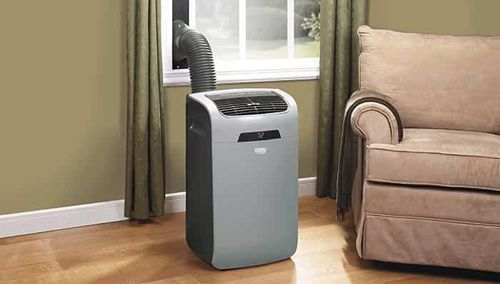
Portable Air Conditioner Pros (AC)
- Installation is simple and inexpensive.
- It is convenient to transfer from one house to another.
Portable Air Conditioner's Cons (AC)
- Noisier
- Water management is difficult.
- Less Effective
Step 2 - Calculate the required air conditioner capacity based on the size of the room.
When seeking to chill a room, consider the space's size, the amount of heat sources, the ambient temperature of the geographical region, the number of windows in the room, and the number of sun-exposed surfaces. These components play a role in thermodynamics' basic rules, but we're not going to teach you physics in this article; instead, we'll break it down into simple reasoning.
To choose the correct air conditioner size for optimum cooling, you must first learn some basic terms.
- The British Thermal Unit (BTU) is a unit of measurement for the amount of heat contained in fuels or energy sources.
- kW stands for kilowatts.
- Ton is roughly equivalent to 12,000 BTU/h or 3.5 kW of power.
- 1KW/Hr = 3,412 BTU
Calculate the surface area of the room you want to cool in square feet, and then choose the optimal AC capacity from the chart below to successfully chill the space.
AC Tonnage - Room Type
- Up to 0.80 tons-Kids room (Up to 90 sq. ft)
- 1 ton -Study Room (90 to 150 sq. ft)
- 1.2 – 1.5 tons-Bedroom (Up to 200 sq. ft)
- 2 tons- Living Room (200 to 300 sq. ft)
Step 3 - Inverter vs. Non-Inverter Air Conditioner
Air conditioners are available with and without inverters. Inverter air conditioners are typically more energy efficient, but they can cost more. The speed of the compressor in an inverter air conditioner is adjusted to control the refrigerant (gas) flow rate, consuming less current and electricity. When the desired temperature is reached, the inverter adjusts its capacity to eliminate temperature swings.
Inverter Air Conditioner Benefits
- Energy Efficient
- noise reduction
- Longer life span
Non-Inverter Air Conditioner Benefits
Low Cost
What is the difference between a dual inverter air conditioner and a single inverter air conditioner?
Dual inverter air conditioners employ a more advanced version of BLDC motors with twin rotary compressors, whereas single inverter air conditioners use a single-cylinder, single compressor with variable speed drive. The 180-degree phase difference produced by the twin rotary compressor architecture makes it easier to run across a larger frequency range. In comparison to standard inverter air conditioners, dual inverter air conditioners provide improved cooling and energy efficiency.
Miscellaneous
Filter
Filters have the ability to capture particles while also acting as an air cleanser. These air conditioners have a separate changeable filter module, which is more typical in industrial HVAC systems designed for hospitals and clean rooms. Most residential air conditioners lack such sophisticated filters. You should pay attention to the air conditioners that give PPM numbers for recognised pollutants rather than broad words like bacteria filters.
Heaters
During the cold winter months, certain air conditioners can heat the space. This is advantageous because it reduces the number of appliances required.
Timers
Timers allow you to programme the air conditioner to run for a specific amount of time before shutting down on its own. This is useful if you want the room to be colder before going to bed and then want the air conditioner to turn off after a few hours.
Important Feature look when you buying a New AC
- Wi-Fi Compatibility
- Self-Clean Feature
- Activity Sensor
- Voice Command Compatibility
- App Control
So, these are all of the crucial factors to consider when purchasing a new air conditioner. I hope you will find the majority of your questions about buying an air conditioner answered here. If you have any questions, please contact us through comments or our website
Thank you for your time and consideration.
Latest News



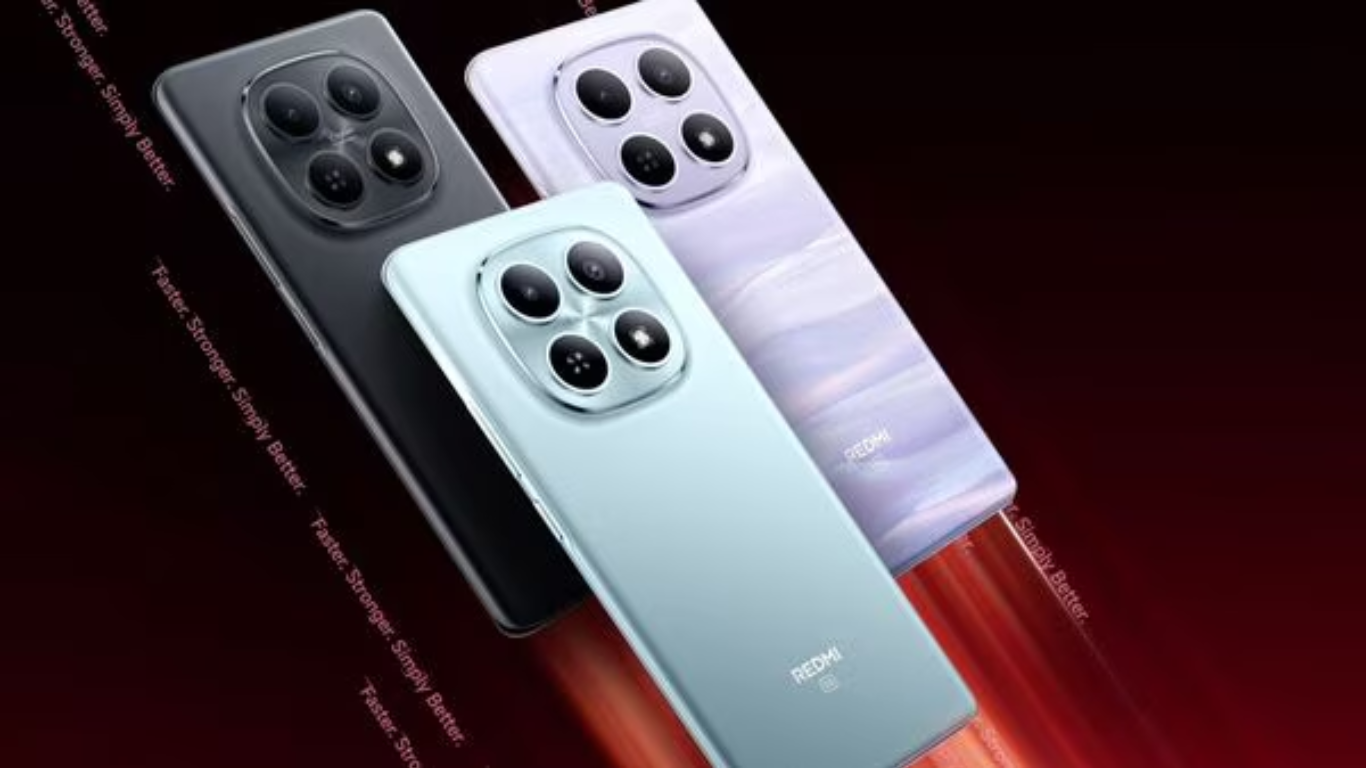

Reviews & Guides
View All
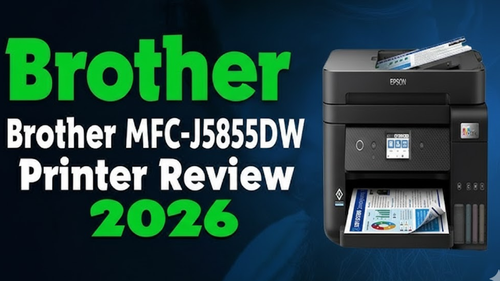
Brother MFC-J5855DW Printer Review 2026: Features, Specs, Performance
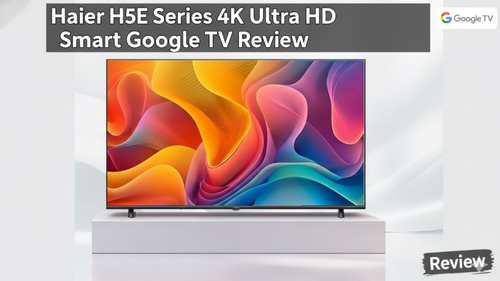
Haier H5E Series 4K Ultra HD Smart Google TV Review: Price and specification

Poco M8 5G Review

Redmi Note 15 5G Review

Best Foldable Smartphones in 2026: Top Models in the Segment

Best Laser Printers for Photo Printing in India 2026

Best Camera Smartphones to Buy in India 2026
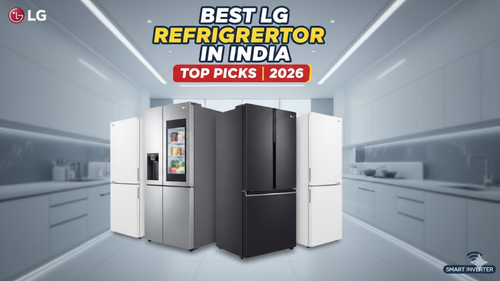
Best LG Refrigerator in India 2026: Price and Specification







